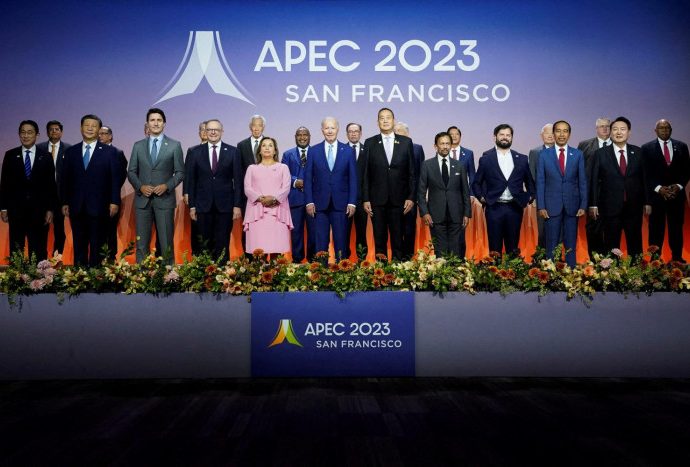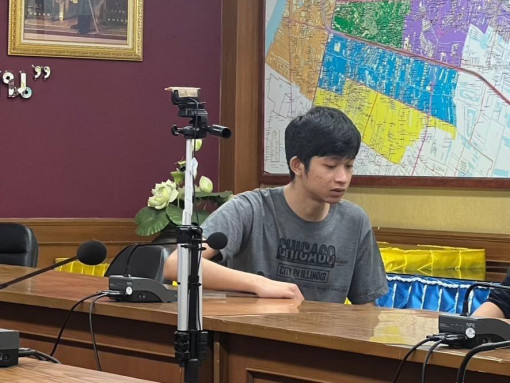6.4 quake hits Myanmar

Tremors felt around Thailand, experts warn about building safety
PUBLISHED : 18 Nov 2023 at 04:00
Engineers and academics have warned that relevant agencies should put in place strict rules to ensure buildings are able to withstand future earthquakes after a 6.4-magnitude quake struck Myanmar and was felt in several areas of Thailand yesterday.
The earthquake measuring 6.4 on the Richter scale struck Myanmar at 8.37am yesterday.
The quake was about 100 kilometres northwest of Chiang Rai’s Mae Sai district, the Meteorological Department’s Earthquake Observation Division announced.
According to the United States Geological Survey (USGS), the earthquake’s epicentre was located about 76km southwest of Kengtung township in Shan State, occurring at a depth of nine kilometres. Three aftershocks with magnitudes of 4.1, 3.5 and 3.4 were recorded shortly after the quake.
The tremor was reportedly felt in Muang, Mae Suay and Mae Sai districts of Chiang Rai; Saraphi and Muang districts of Chiang Mai; Muang district of Lamphun; some parts of Nan; and several areas in Bangkok. The quake was also felt in Mae Hong Son in the North, as well as Udon Thani and Khon Kaen in the Northeast.
Amorn Pimanmas, president of the Thailand Structural Engineers Association, said that the quake was not strong enough to cause buildings in the North to collapse. Some buildings that were shaken by the quake were low-rise or medium-rise structures, he said.
Several buildings over five storeys in Bangkok were also shaken by the quake. But the capital was about 1,000km away from the epicentre, so there should have been no serious impact on the structures of buildings in Bangkok, he said.
He said a ministerial regulation issued in 2021 stipulates certain criteria to ensure the earthquake-proof design of buildings in 43 provinces nationwide, including in the North and Bangkok.
“People should not panic about this earthquake. But we should be prepared to deal with future earthquakes that could be bigger in magnitude or could occur closer to Thailand,” Mr Amorn said.
“Earthquakes cannot be predicted and alerted about in advance. The best measure to deal with earthquakes is to strengthen the structural integrity of buildings. The design and construction of new buildings must be earthquake-proof while old buildings must be reinforced to withstand future quakes,” Mr Amorn said.
Suchatvee Suwansawat, a former president of the Council of Engineers, said the earthquake is a signal that more severe ones could occur in the future.
“I am concerned about Bangkok, where there are at least 10,000 high-rise buildings. But it is fortunate that the government issued a regulation in 2021 to ensure buildings are earthquake-proof. However, City Hall must survey old buildings built before 2021 and tell their owners to reinforce the buildings’ foundations.”
Arun Pinta, chief of the disaster prevention and mitigation office of Chiang Mai, said residents in high-rise buildings, as well as staff and patients at Maharaj Nakorn Chiang Mai Hospital, said they felt the tremor for about five seconds.
Prasan Sangwandet, director of the Earthquake Observation Division, said the earthquake was caused by the movement of the Kengtung fault in Myanmar’s Shan State. Myanmar has many seismic faults, and earthquakes are common.
Mr Prasan said many aftershocks were reported after the initial quake. More aftershocks are expected to follow for one to two months.












